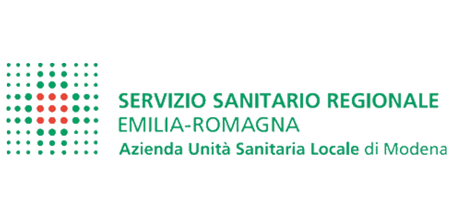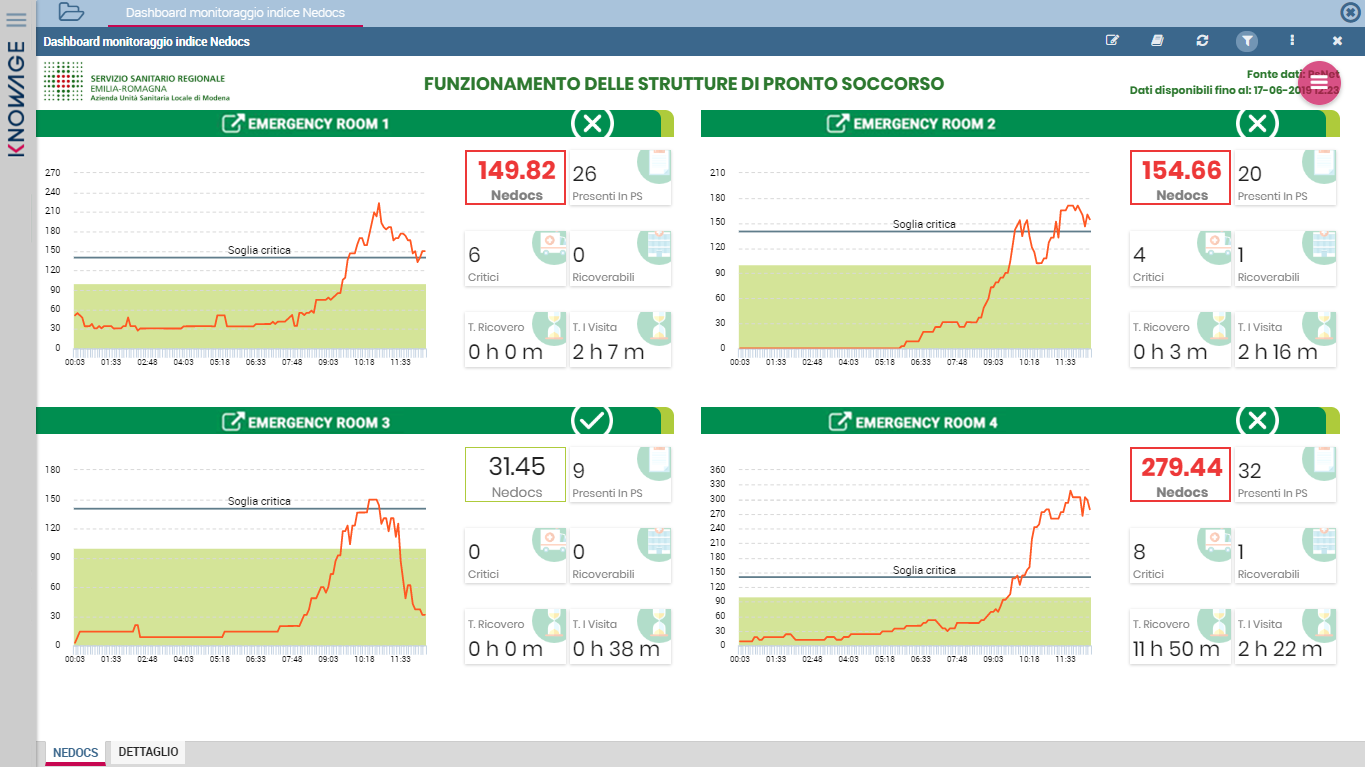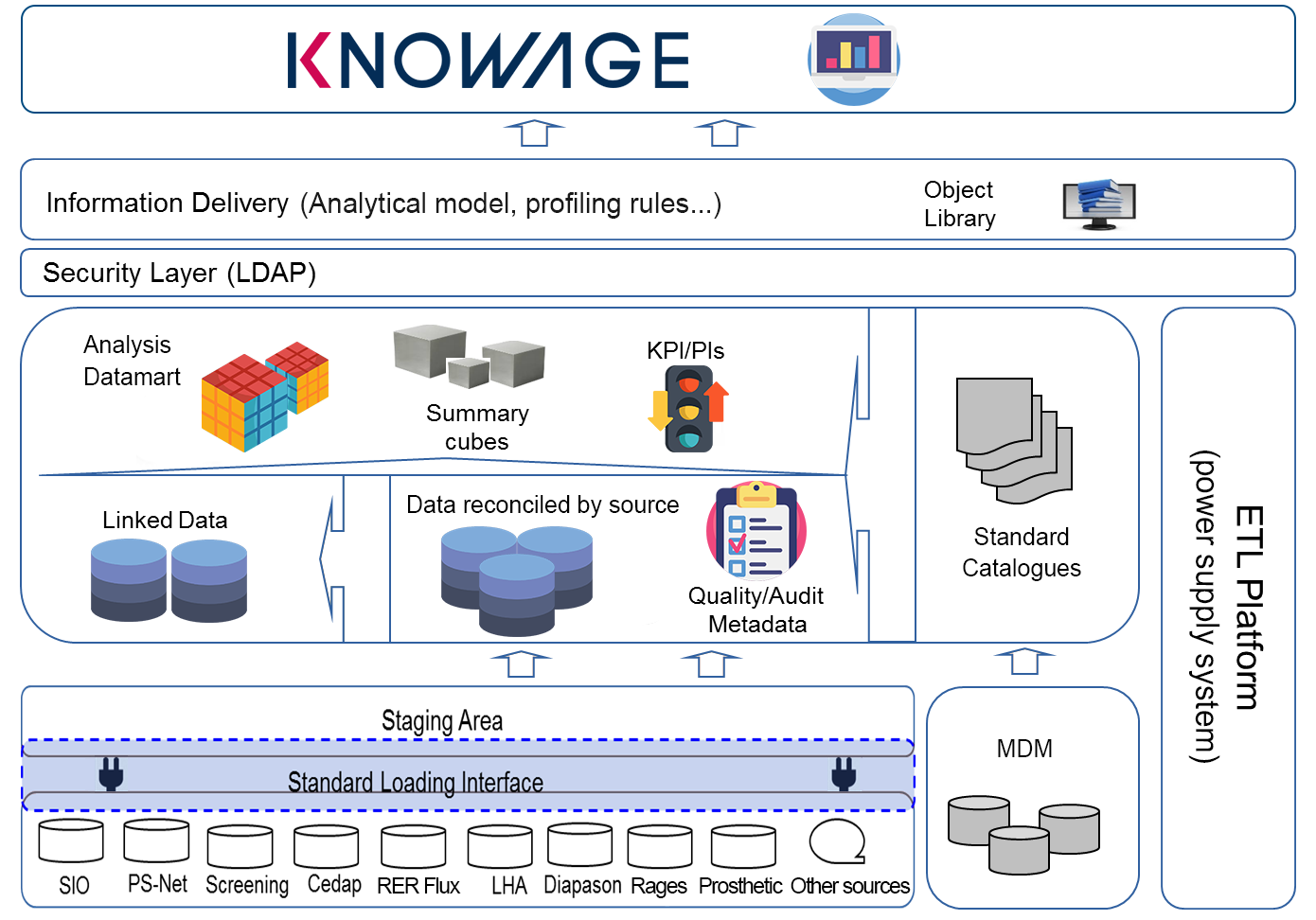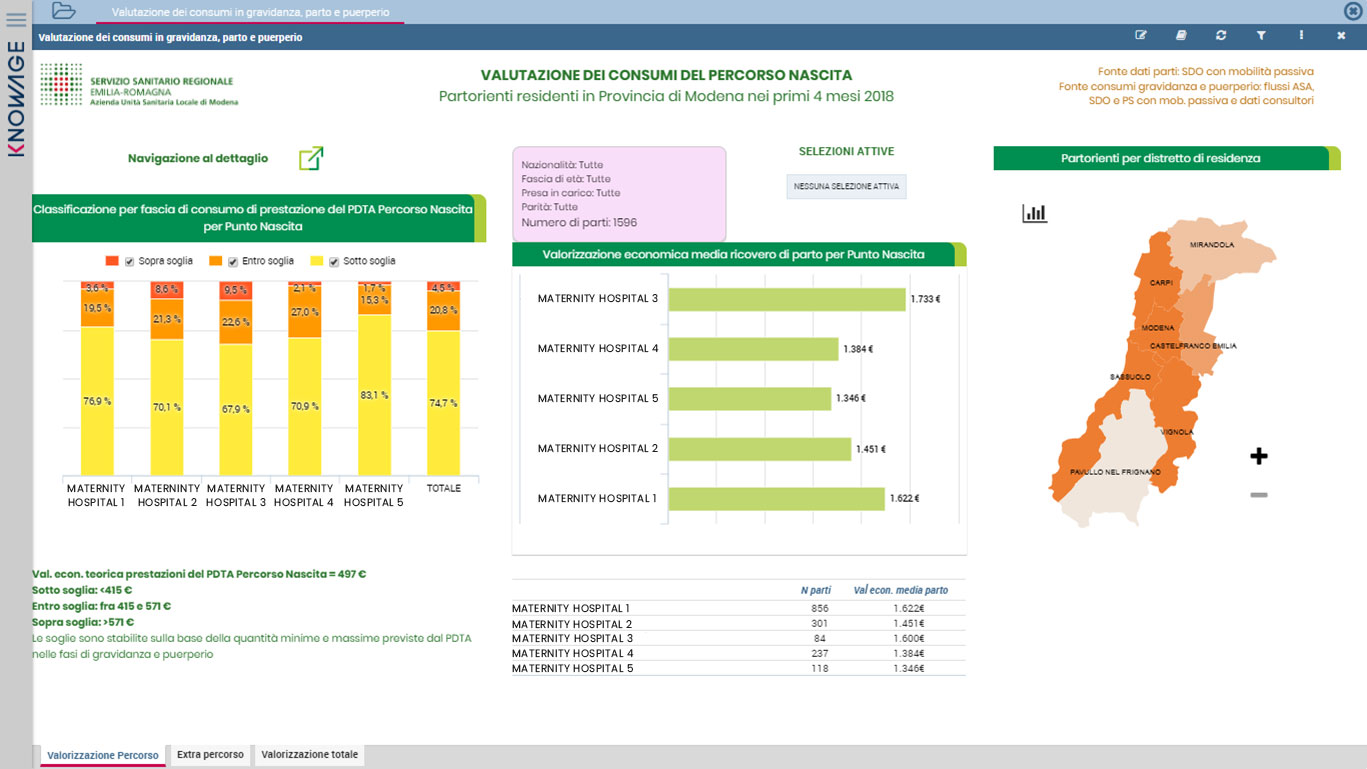Clinical DataWarehouse for a Datadriven Healthcare
PROJECT
The Modena Local Public Health Authority established in 2017 the Data Management & Business Intelligence Service with the aim of building a data warehouse infrastructure and business analytics that centralizes the collection of data generated in the company and data quality actions.
Furthermore, the Service aims at the development of integrated and advanced reports that constitute a homogeneous system of information and knowledge transfer for the Strategic Management and for the entire company organization, allowing advanced and multi-dimensional analysis and the evaluation of company performances.
The Modena Local Public Health Authority aimed to provide datadriven healthcare services.
CUSTOMER

The Modena Local Public Health Authority was born in 1994 from the merge of six Local Health Units. The territory on which the Modena Local Public Health Unit carries out its institutional activities has an area of 2690 square kilometres, divided into 47 Municipalities. The provincial population has reached 703,203 units (as of 1 January 2018). The following are part of the social-health network: 6 hospitals, 130 residential facilities, 30 family counseling centers, 37 primary care centers, 176 pharmacies, 28 accredited private outpatient facilities, 11 health centers, and 23 non-stop assistance centers. Inside the Modena Local Public Health Unit, there are 455 employees to which are added the staff members (475 general practitioners and 101 free choice pediatricians).
THE FUNDING PRINCIPLES OF THE COMPANY
Protect, promote and improve the health of citizens.
Regulate the organization, functioning, and management according to criteria of effectiveness, efficiency, and cost-effectiveness.
Manage resources, people and technologies according to the needs and the demand for the well-being of the population.
Assess the obtained results in terms of health protection services.
THE NEED
The pre-existing organization made it difficult to identify both the data sources to be used and their cleanliness and uniformity. This procedure was necessary for each processing and was often carried out by different people: the generated results were different from each other. This resulted in a problem of trust in the data themselves, as well as in the difficulty to share homogeneous information that constituted a common heritage for the evaluation and business planning.
THE PROJECT
In the first phase of the project, it was decided to operate a low-impact technological update on the DWH infrastructure, extending the resources of the Vertica databases present in the company and supporting a system of Master Data Management for the company master data. This evolution enabled the preparation of a staging environment for production data, the structuring of a normalized top-level layer and the definition of two second-level layers (test and production) that group the data marts of the development and production environments. The availability of regional datacentres Lepida on cloud and the layered architecture made it possible to rapidly enrich the information content of the corporate DWH, integrating and executing at the same time the different processing phases of the data.

KNOWAGE fits into this architecture directly above the two second-level layers. Through the Behavioral Model, KNOWAGE regulates visibility on analyses and data based on user profiling.
The different functionalities of the SI and PM modules allow the rapid creation of standard reports with performance indicators and production monitoring.
Furthermore, it is now possible to launch data linkage actions and statistical analysis of health and administrative data with equal speed.
The main results of this project are above all the collection, normalization and centralized and systematic processing of data obtained thanks to the new DWH, from which derives the guarantee of a controlled and safe access by the different company counterparts to the information available.
This result is accompanied by the possibility of creating more articulated and complex analyzes based on the principles of value based health care model, of equity models and of the population health management.
THE RESULTS IN BRIEF
SOLID ANALYSES
The analyses, carried out by Strategic Executives and Managers, are now based on a centralized and standardized system of data management and data quality.
REPEATABLE ANALYSES
Thanks to process optimization and advanced data analytics systems, analyses are constantly repeated and updated.
READABLE ANALYSES
The user has an immediate overall view of the processes. Using filters, drill down and cross navigation he can analyze a specific phenomenon in depth and on more dimensions in an intuitive way.

Debora Angeletti, Data & BI Chief Manager at the Local Public Health Authority of Modena
“Thanks to KNOWAGE we greatly simplified the reporting procedure, reducing information dispersion and efforts waste. Furthermore, the modularity of the KNOWAGE platform and its continuous evolution allow us to have the most appropriate data analytics functions according to the type of analysis required by the development of individual projects.”


